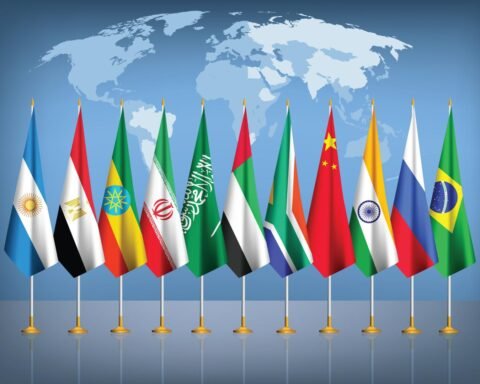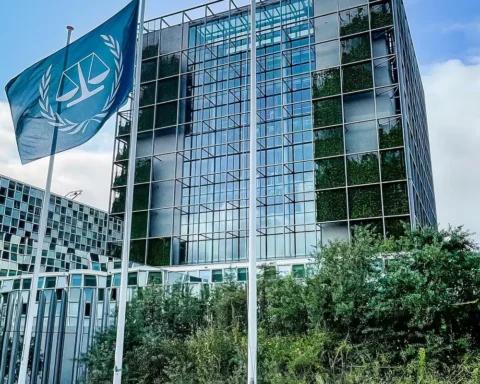The Ghanaian cedi has emerged as the world’s best-performing currency in 2025, appreciating by an extraordinary 42 percent against the United States dollar since January.
The surge marks a dramatic reversal in Ghana’s economic trajectory and has drawn global attention.
Once listed among the weakest currencies globally, the cedi’s recovery is being credited to a combination of strong export earnings, improved fiscal discipline, and continued technical and financial backing from the International Monetary Fund (IMF). By mid-June 2025, the cedi was trading at roughly GH₵10 per US dollar, a sharp gain from GH₵16.4 in November 2024.
The turnaround stems from Ghana’s implementation of a $3 billion loan agreement under the IMF’s Extended Credit Facility (ECF). Signed in 2023, the programme has led to sweeping fiscal reforms, including cuts in government expenditure, aggressive revenue mobilization, and monetary tightening by the Bank of Ghana.
These measures have helped rebuild foreign exchange reserves, increase investor confidence, and ease pressure on the cedi. The central bank also introduced a policy requiring gold exporters to convert part of their revenues into cedis before exporting, thereby strengthening demand for the local currency.
Meanwhile, Ghana’s commodity exports have benefited from favorable global prices. As the leading gold producer in Africa, Ghana has capitalized on gold prices surpassing $3,400 per ounce. In parallel, cocoa exports and steady crude oil shipments have boosted national earnings and helped close the country’s current account deficit.
The cedi’s appreciation is beginning to impact daily life in positive ways. Inflation, which had peaked at over 50 percent in 2023, has eased to approximately 17 percent in 2025, according to the Ghana Statistical Service (GSS). Prices of imported goods have stabilized, transport costs are falling, and businesses are showing signs of renewed confidence.
Also Read; African Child Day 2025 Demands Stronger Action
“I can now restock electronics from Dubai without watching the exchange rate every hour,” said Emmanuel Mensah, a retailer in Accra. “It’s still tough, but things feel a lot more stable now.”
However, some economists have sounded a note of caution. A rapidly appreciating cedi could erode the competitiveness of Ghana’s exports. Moreover, the country remains exposed to external risks such as global commodity price swings and U.S. Federal Reserve policy decisions, which could affect capital flows and borrowing costs.
Analysts say Ghana’s challenge going forward is to sustain these gains and anchor long-term growth. The IMF has urged the country to maintain fiscal discipline, continue managing sovereign debt levels, and invest in sectors that drive inclusive economic growth.
For now, the cedi stands as a symbol of what’s possible when political will, international support, and market forces align. Ghana’s currency is no longer a cautionary tale—it’s an emblem of resurgence.







